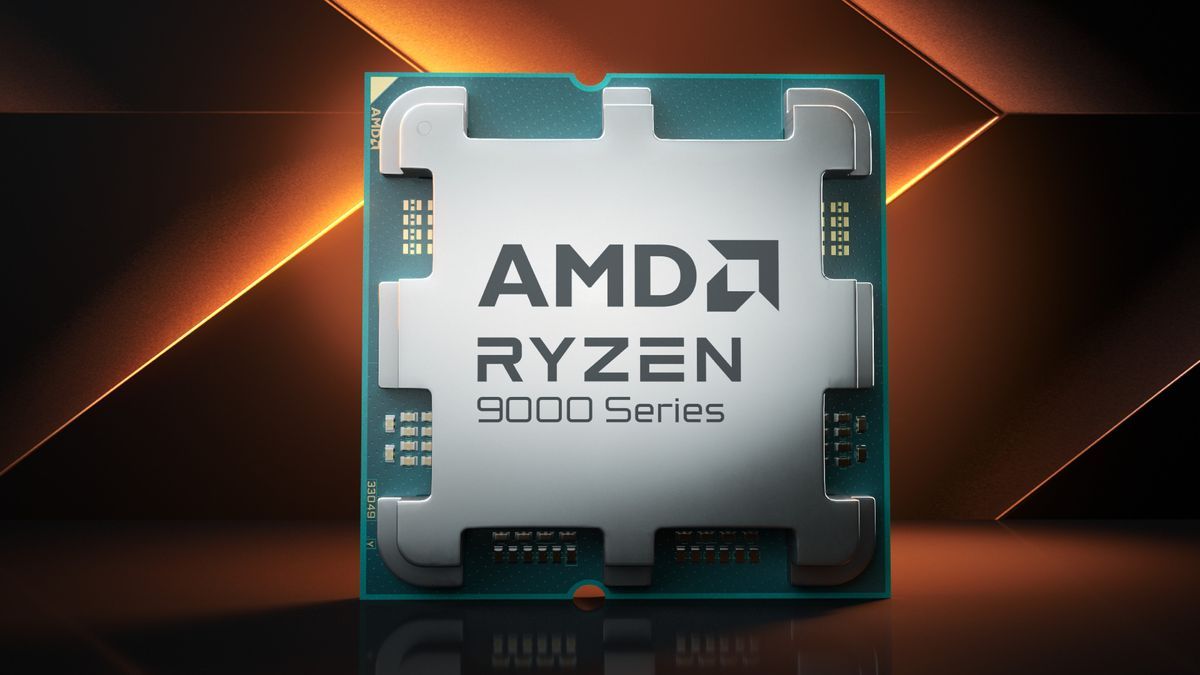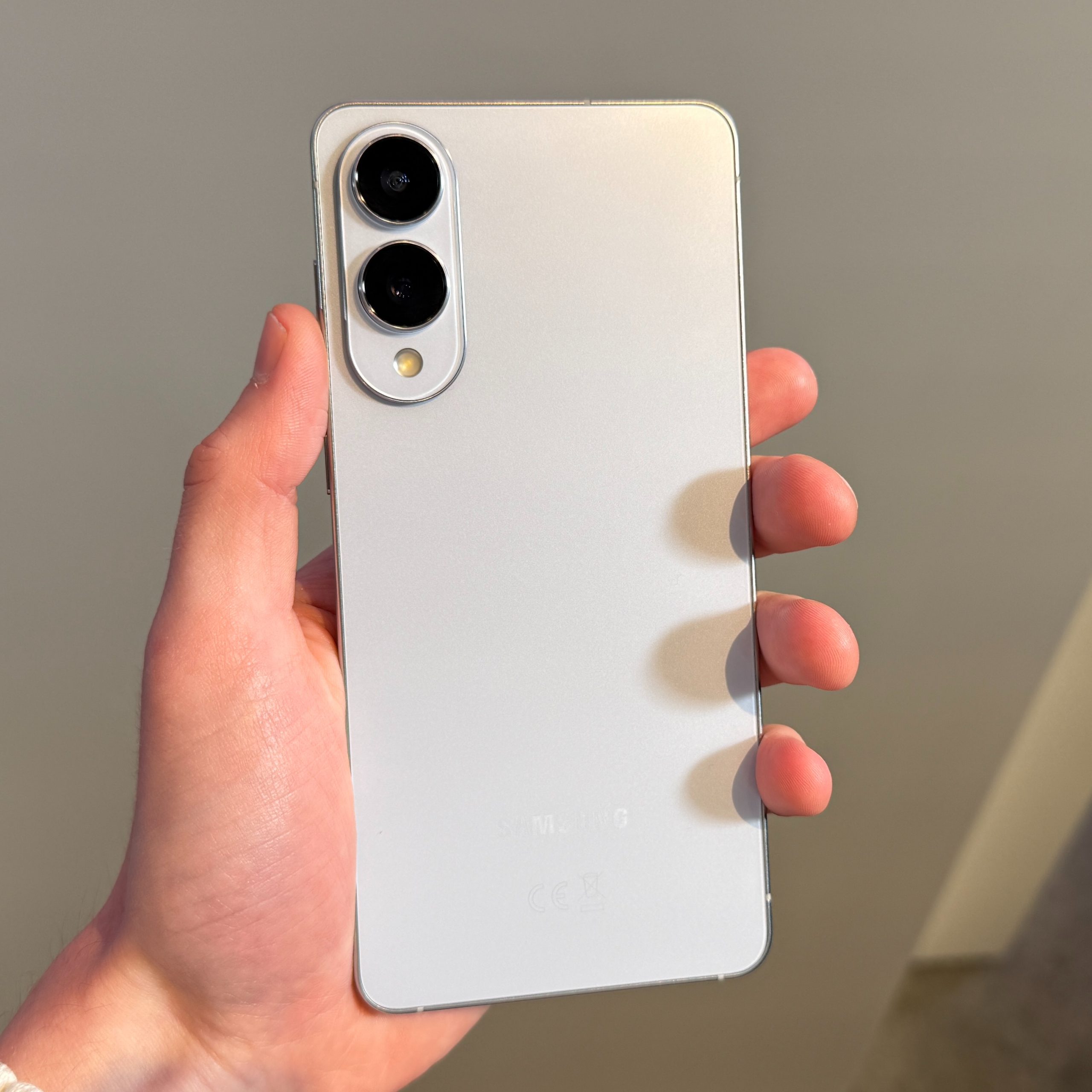Leaked benchmarks of the AMD Ryzen 9 9900X have surfaced and the upcoming Zen 5 CPU shows off its single-core and multi-core performance impressively.
As spotted by Videocardz, the 12-core Ryzen 9900X processor scored 3401 in the Geekbench 6 single-core test. For reference, that's a substantial 10.1% lead over the Intel Core i9-14900K and a huge 15.6% jump over the flagship AMD Ryzen 9 7950X.
This leak also offered another notable stat, showing that the 9900X tops out at a boost speed of 5.6GHz.
The Ryzen 9 9900X’s claimed multi-core performance also turned out to be almost as impressive. The CPU managed a Geekbench 6 multi-core score of 19,756, again beating AMD’s current flagship but falling just short of Intel’s 14900K.
The second leak backs this up, showing the 9900X’s multi-core performance in Cinebench R23 with an overall score of 33,000 in its 120W TDP mode and 34,500 in the 170W mode, as Wccftech reports. The high-end Ryzen 9 CPU lags just behind the Intel Core i7-14700K (which has more cores and threads at a higher boost clock speed) by about 2%, so the margins are tight.
If true (and we clearly need to be careful not to assume too much), these benchmarks are an encouraging early sign of the strength of the soon-to-be-released Ryzen 9000 series, which is rumored to arrive worldwide on July 31. (AMD hasn't given us a firm date yet, but has said the launch will happen in July.)
It's important to note that the 9900X isn't the most powerful of the next-gen lineup – that title belongs to the 16-core AMD Ryzen 9 9950X. From what we've seen, it's possible that these two chips are among the best processors on the market, but we'll only know for sure when we test them ourselves.
AMD Ryzen 9000 series could be the best
From these early benchmarks, it looks like the Ryzen 9900X is more powerful than we expected – the improvement in single-core and multi-core performance is certainly noticeable here.
Clearly, it's something Intel needs to take into account, but we don't know how strongly Team Blue might fight back with its own next-gen CPUs. We could see Intel Arrow Lake as early as September, perhaps, and in the past, some rumors have been pretty positive about the improvements these processors will bring.
Please note that unlike the Ryzen 9000, Intel's next-gen desktop CPUs will use an entirely new socket, so for existing PCs, an upgrade to a new motherboard will be necessary, which will be an additional expense.








